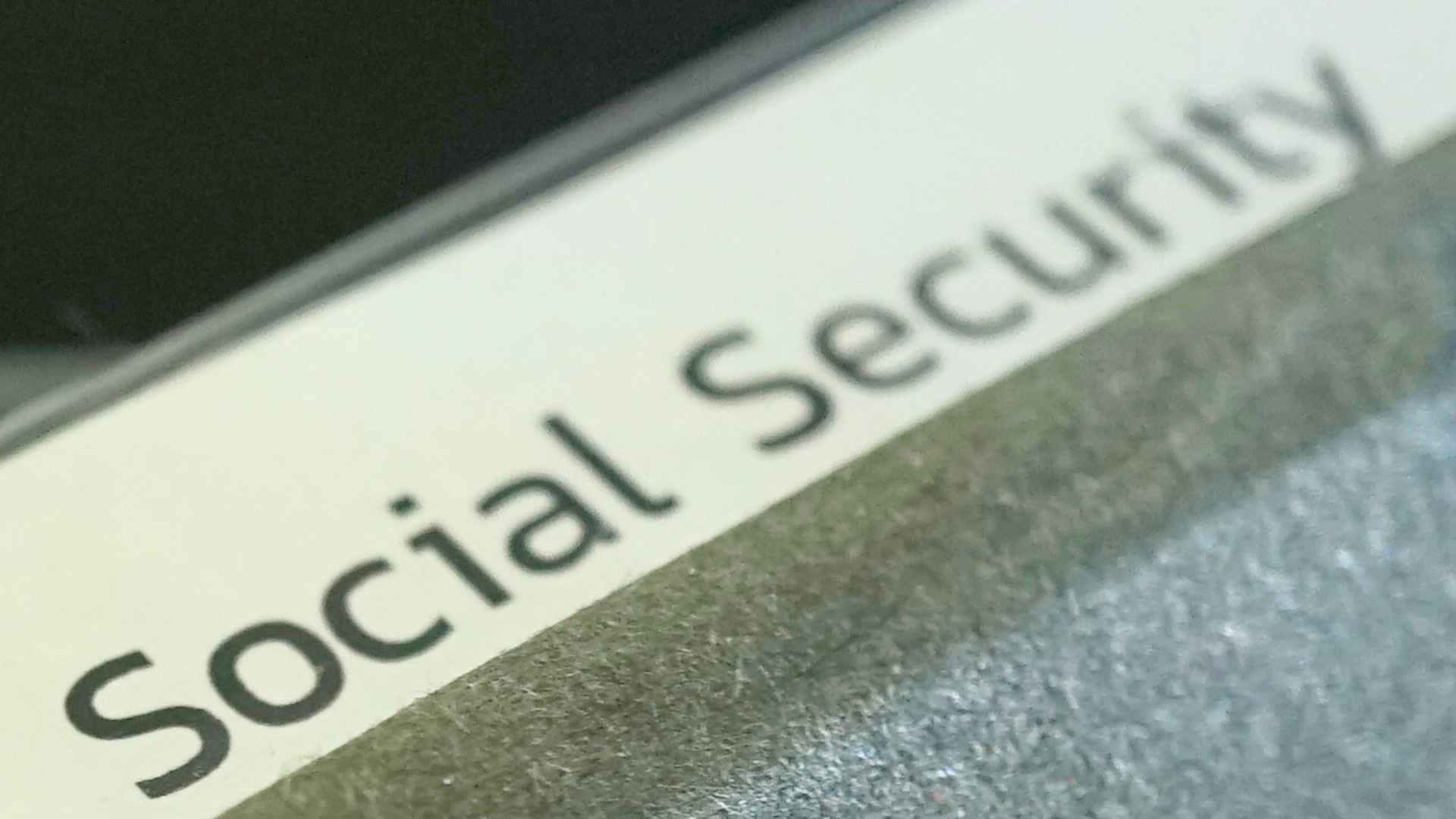If you collect Social Security, a fresh announcement might affect your monthly checks more than you think. Overpayments are at the center of this change, prompting the Social Security Administration (SSA) to take faster and more aggressive measures.
Millions of Social Security recipients—particularly those who received incorrect benefit amounts—could find themselves repaying money faster than anticipated. From withholding up to half of monthly payments to new deadlines for disputing balances, the SSA’s initiative targets anyone who received overpayments between 2015 and 2022.
Why the Social Security Administration’s latest announcement matters for beneficiaries today
Social Security affiliates who were overpaid risk losing a sizable share of their monthly checks. Previously, recipients might have only seen a 10% reduction when repaying debts. Now, the SSA can withhold up to 50%, sparking concerns among those living on fixed incomes. Did you ever wonder how you’d manage if half of your check suddenly vanished? Understanding the new overpayment collection process and how it impacts your benefits.
In late April, the SSA began sending notices to those it believes owe money. Recipients have 90 days to appeal, request a waiver, or negotiate a reduced withholding rate. After this window, the agency may automatically withhold a portion of your Old-Age, Survivors, and Disability Insurance (OASDI) benefits. Supplemental Security Income (SSI) beneficiaries, however, remain subject to a 10% cap. Below is a brief table outlining the current withholding rules:
| Program | Withholding Rate | Appeal Window |
|---|---|---|
| OASDI | Up to 50% | 90 days |
| SSI | Up to 10% | 90 days |
Advocates warn these new rules could push vulnerable individuals into financial hardship, as losing half a check can mean tough choices between essentials like rent and medication.
Steps every Social Security recipient can take to reduce overpayment risks
A proactive approach is your best shield against future withholdings. First, monitor your earnings record through your My Social Security account. Inaccuracies here can lead to improper payments. Also, if you receive Social Security Disability Insurance (SSDI) and decide to return to work, track your monthly earnings closely. Going above the Substantial Gainful Activity threshold might trigger ineligibility.
Another important measure is reporting changes in living arrangements or assets right away—especially if you receive SSI. Sometimes, even small changes can affect your eligibility. Finally, keep copies of all correspondence from the SSA. If you feel you’ve been unfairly charged, you can appeal, request a waiver, or propose a long-term repayment plan as low as $10 per month in certain cases.
With over $72 billion in benefits overpaid from 2015 to 2022, the SSA is determined to reclaim those funds. Although the current repayment cap has been reduced to 50%, it could change again. Keep a close eye on your statements, ask questions when something seems off, and take immediate steps to protect your monthly checks.

